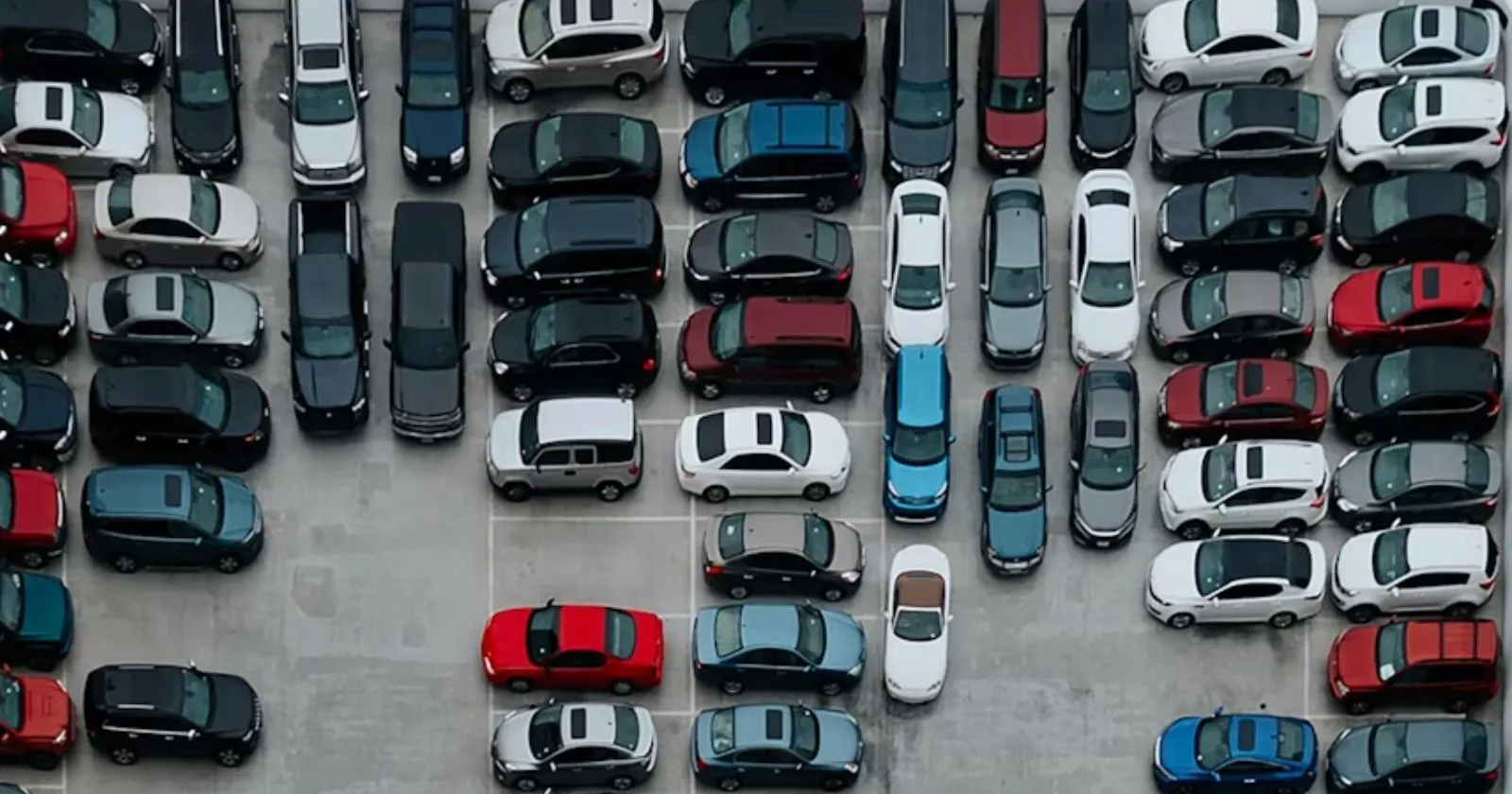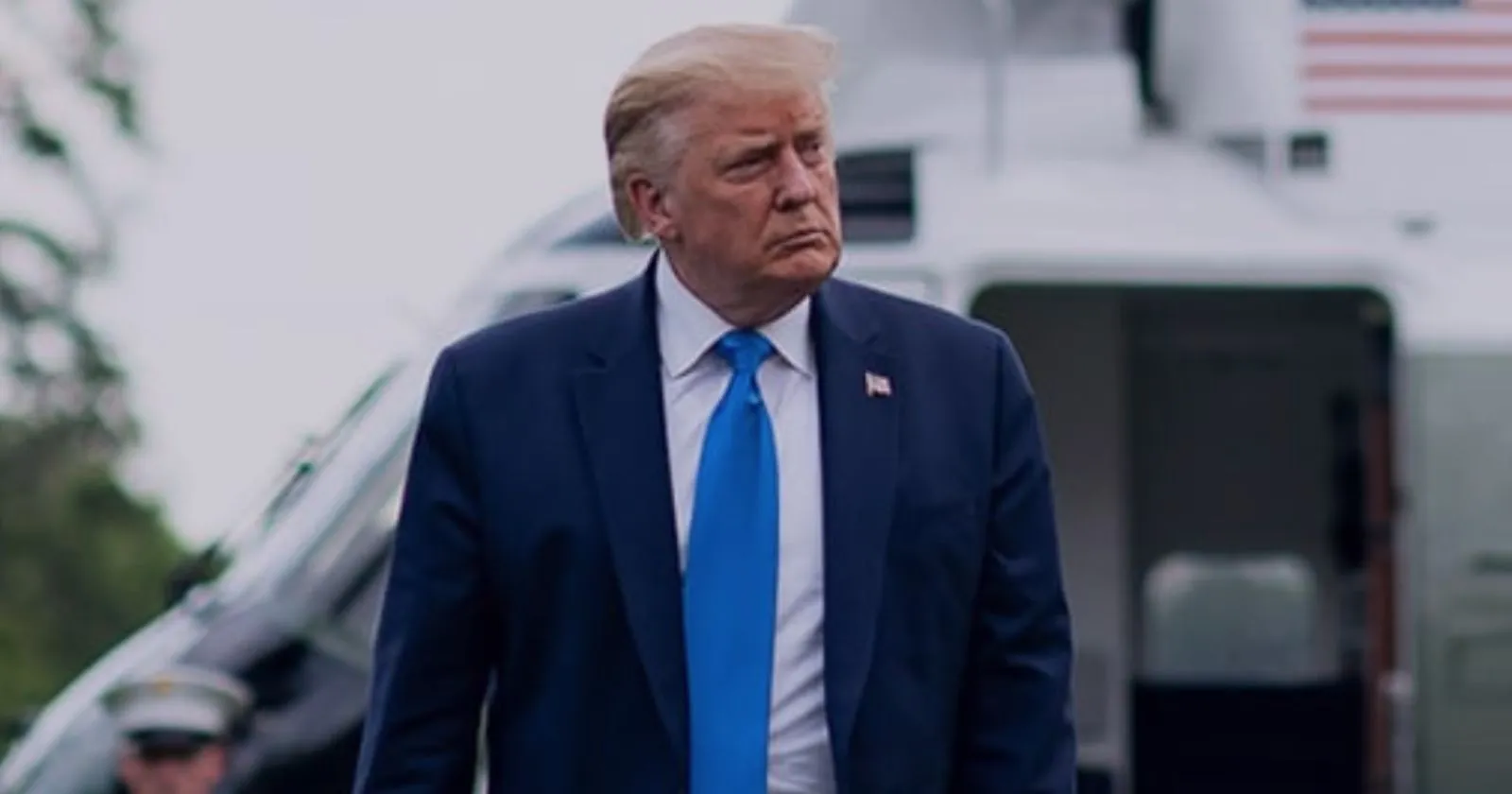
Auto accessories sector ranks within India's ten largest export categories to the US. (Image: Unsplash/Ivana Cajina)

Share Post

Auto accessories sector ranks within India's ten largest export categories to the US. (Image: Unsplash/Ivana Cajina)
Automotive component makers are among the parties more affected by the newly announced tariffs by the US President Donald Trump, industry experts told ACKO Drive. Notably, the US is a major market for India's automotive component manufacturing industry, accounting for close to 30 percent of exports. These companies now face pricing pressures and must diversify markets or localise production to fend off the pressure that arises due to the US imposing a 25 per cent tariff and a penalty on exports from India, effective August 1 (Friday).
According to research by Barclays, auto accessories and components represent the primary category of India's vehicle-related shipments to the US market, with these parts valued at $2.6 billion (approximately ₹22,750 crore) during 2023. This sector ranks within India's ten largest export categories to the US.
Sectors such as as automobiles, auto parts, smartphones, electronics, steel, aluminium, marine products, chemicals, various food categories, gems, and jewellery will feel the heat of the 25 per cent import duty.
India exported $6.8-6.9 billion in automotive goods to the US in FY2024. This represents 27 per cent of India's $74 billion total auto exports, a figure that is expected to reach $80 billion in FY2025.

The fresh tariffs would primarily hit automotive component exports (engine parts, suspension, steering).
"The impact will be significant for the auto industry, but there will be no direct impact to automakers because when it comes to the cars or commercial vehicles (end goods), the export volume to the US is very less or negligible. However, this impact will be more on the manufacturers of automotive components like engine parts, suspension, and steering," Soumen Mandal, Senior Analyst, IoT, Automotive and Telecommunication Ecosystem, Counterpoint Research, told ACKO Drive.
Bharat Forge is among the manufacturers most vulnerable to the new trade barriers, given that the US market contributes more than one-fifth of the company's total revenues, with the majority stemming from commercial vehicle components (55-60 percent) and a smaller portion from passenger car parts (5-10 percent).
Ramkrishna Forgings has even greater exposure, as its US operations account for over 30 percent of its revenue stream, primarily concentrated in the commercial vehicle manufacturing sector. Balkrishna Industries also anticipates significant impact from the tariff measures, with approximately 15 percent of its sales originating from US-based clients across the agriculture, construction equipment, and mining industry segments.
The fresh tariff structure will also squeeze profit margins for key component producers, including Samvardhana Motherson, Sona Comstar, and Sundaram Fasteners.
India is already diversifying its export destinations, working with South Africa, Saudi Arabia, Mexico, Japan, UAE, and Chile to reduce US dependence.
"There's potential for more bilateral trade deals and foreign investment, with companies like Tesla likely to set up manufacturing in India in future," Mandal noted.
Battery dependency is the biggest challenge for India as homegrown EV makers currently rely on Chinese and Korean batteries, and batteries represent 40 per cent of EV costs. The semiconductor gap is the second-biggest challenge and the country needs significant developments in chip manufacturing for evolving automotive architecture needs.
"This could be an opportunity for India to strengthen its position as an alternative manufacturing hub, but significant infrastructure and technology gaps in the areas of semiconductor manufacturing and batteries need addressing first," the analyst said.
"Mahindra and Tata are importing batteries from China or Korea. However, battery packs are something that India is self-reliant in. For EVs, 40 percent cost comes from batteries only," Mandal further noted.
Chinese automakers are blocked from the US market but have 6 percent market share in Europe and 8-10 percent share in Southeast Asia and Latin America. In fact, Chinese EV makers are reshaping Latin America’s car sector with local production, offering advanced and affordable EVs, and challenging western automakers. It is possible that they could follow suit in India and increase domestic manufacturing.
"Chinese companies like BYD and MG might increase manufacturing in India to target European markets, but, depending on geopolitical conditions," Mandal said
India is a key supplier of critical electric vehicle components — including suspension systems, steering mechanisms, and engine parts. The increased costs of sourcing these components from alternative suppliers could drive EV production expenses up for manufacturers.
With most EV producers already operating manufacturing facilities within the US, the new tariff presents automakers with a stark choice: either cease exports to the US to avoid substantial financial losses, or accelerate plans to establish domestic US production capabilities.
"Most of the automakers will stop exporting to the US because they will incur lots of losses. A lot of the EV makers are looking for alternatives to start production in the US," Mandal noted.
This shift is likely to prompt many EV manufacturers to actively explore relocating their supply chains and production operations to US-based facilities to circumvent the prohibitive import duties.
Nissan Gravite: 5 Common Features It Misses Out
Acko Drive Team 18 Feb, 2026, 2:49 PM IST
Tesla Announces Production of First Fully Autonomous Cybercab for Taxi Operations
Acko Drive Team 18 Feb, 2026, 1:52 PM IST
Maruti Suzuki e Vitara Full Price List Leaked
Acko Drive Team 18 Feb, 2026, 11:39 AM IST
Most Indian Car Buyers Willing to Spend More on Advanced Tech, Software Features: Report
Acko Drive Team 18 Feb, 2026, 11:31 AM IST
Kia Seltos Hits 6 Lakh Sales In India: How It Stacks Up Against Hyundai Creta And Other SUVs
Acko Drive Team 18 Feb, 2026, 11:16 AM IST
Looking for a new car?
We promise the best car deals and earliest delivery!
